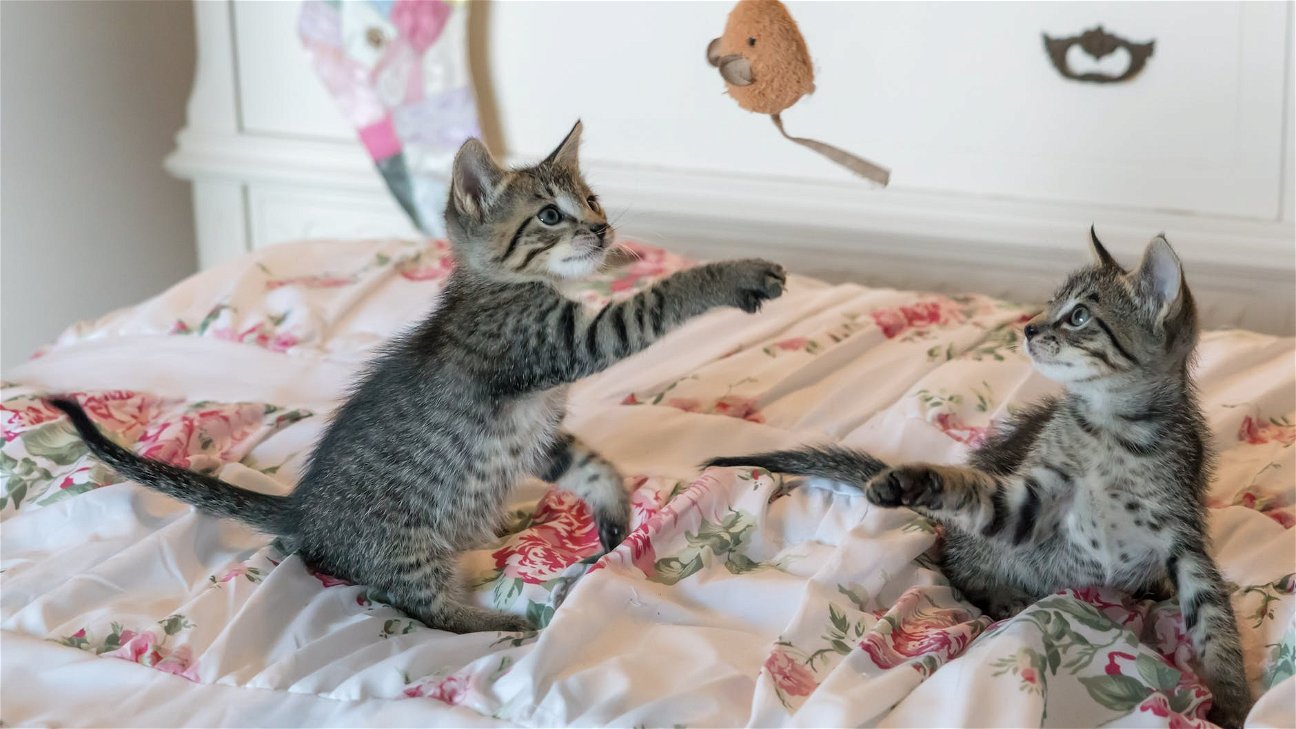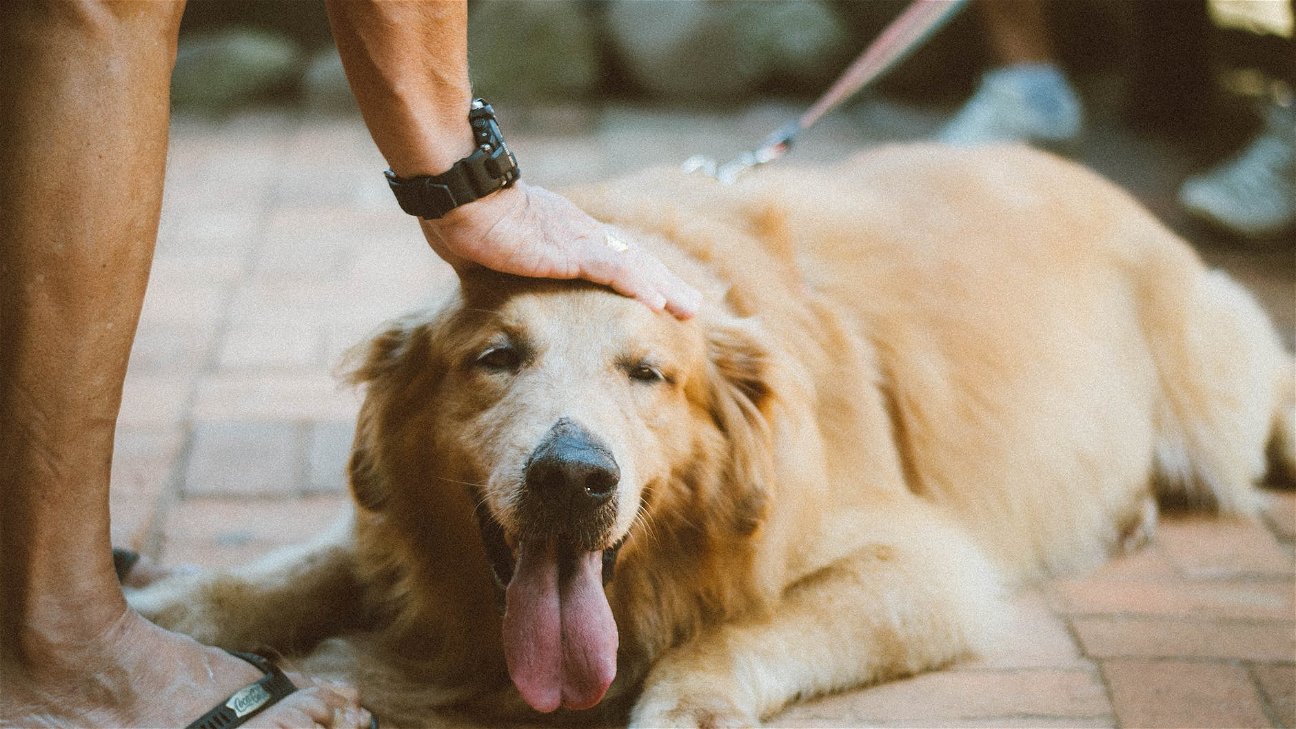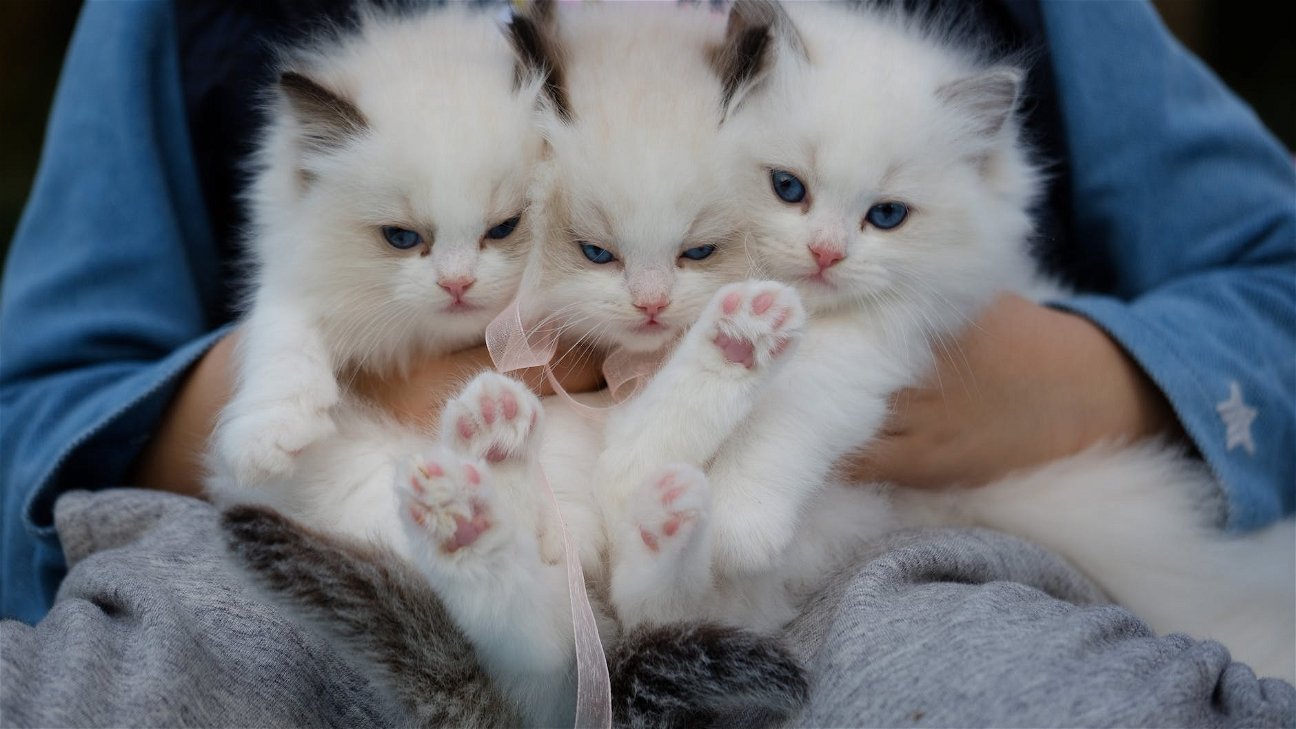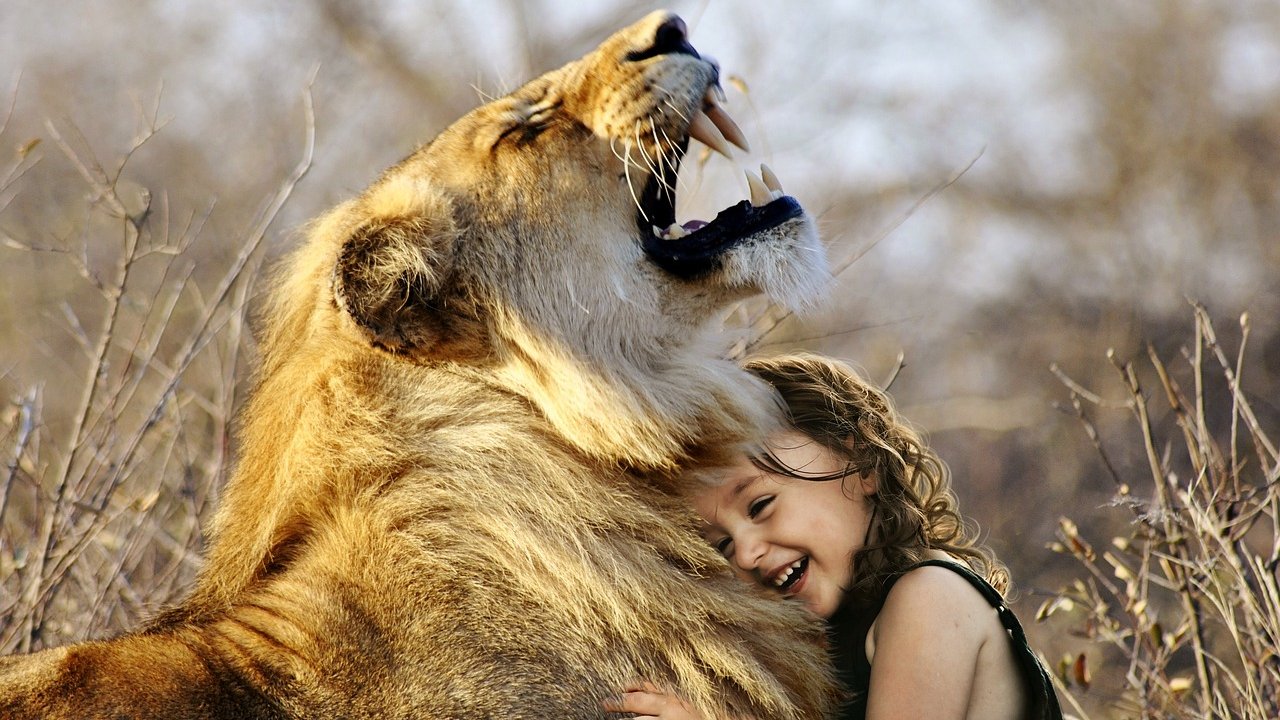
As pet parents, we adore our feline friends. However, dealing with hairballs certainly isn't one of the joys of cat ownership. Hairballs, known as trichobezoars in the veterinary world, are a common problem, especially in long-haired cats. But with the right strategies, you can help your kitty keep these unfortunate furballs to a minimum.
Understanding hairballs in cats
Before we dig into prevention, it's essential to understand why cats get hairballs. Cats groom themselves by licking their fur. During this process, they swallow loose hair, which usually passes through the digestive system without problems. However, when the hair accumulates in the stomach, it forms a hairball that the cat eventually vomits.
Signs and symptoms of hairballs in cats
Knowing the signs of hairballs can help you intervene early and avoid complications like intestinal blockages. Symptoms include:
- Regular vomiting of cylindrical mass of hair
- Loss of appetite
- Constipation or diarrhea
- Lethargy
- Abdominal discomfort
Best strategies for preventing hairballs
Let's now focus on the top strategies to help your cat deal with hairballs. These range from diet modifications to regular grooming.
Dietary changes
One of the most effective ways to control hairballs is to adjust your cat's diet. Look for cat food formulated for hairball control. These foods contain high fiber levels that help move hair through the digestive system. It's also essential to encourage your cat to drink plenty of water, as hydration aids digestion.
Regular grooming
Another tactic to combat hairballs is frequent grooming. More loose hair you remove from your cat’s coat, the less hair they will swallow during self-grooming. Brush your cat daily, especially if they have long hair. Consider professional grooming services for a thorough clean.
Hairball remedies
If your cat struggles with hairballs, you might want to try a hairball remedy. These include gels, pastes, and treats that help the hair pass through the digestive system. Always consult your vet before starting any new treatment.
Watch your cat's weight
Overweight cats are more prone to hairballs. They groom more, thereby swallowing more fur. Maintaining a healthy weight can reduce the frequency of hairballs.
Special note on cat breeds
While any cat can develop hairballs, certain breeds are more susceptible. These include Persian, Maine Coon, and Ragdoll cats.
In conclusion, hairballs in cats can be a pesky problem. But with the strategies outlined in this article, you can make hairballs a less frequent occurrence in your cat's life, making your feline friend happier and healthier.











